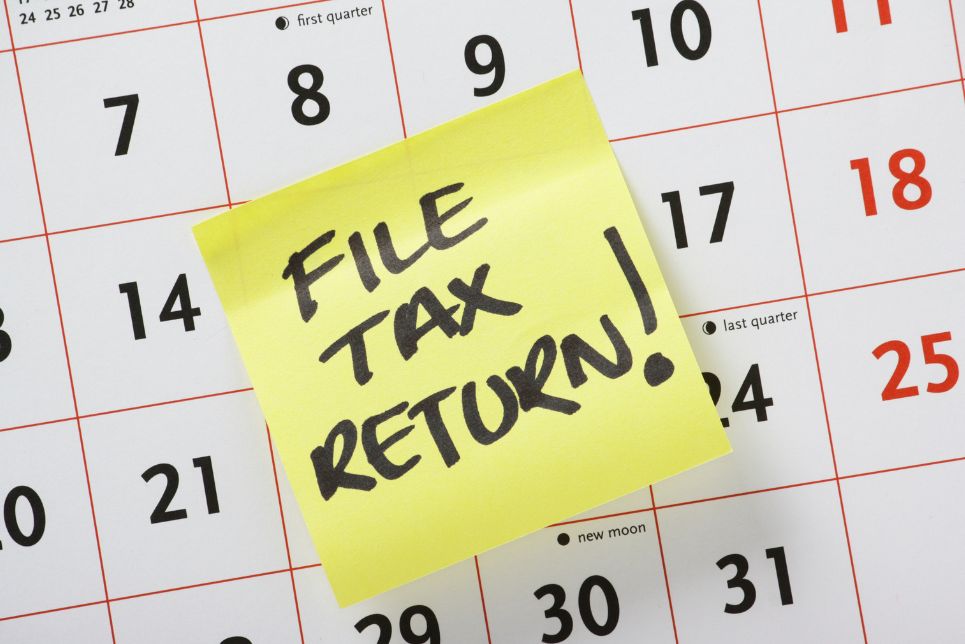2023 Tax Changes: What You Need to Know for a Smooth Filing Experience
See the 2024 Updated Tax Tips Article HERE

As we start to make our way through another Canadian winter, and the days start to get longer, our thoughts often turn to the upcoming Spring and the annual chores that come with it – pulling out the patio furniture, cleaning out garden beds, or preparing the family RV for another summer of exploring. Of course, the other annual chore that all Canadians will have on their to-do list this Spring is filing their 2023 personal tax returns.
We hope to take some of the pain out of this annual chore with the information below – Please consult your accountant or tax specialist for information specific to your needs.
When to File
The 2023 personal tax filing deadline for individuals is April 30th, 2024. For self-employed Canadians, the deadline is extended to June 17th, 2024, but keep in mind that interest on any taxes owed will start accruing after April 30th, 2024.
The earliest you will be able to file your 2023 personal tax return is on February 19th, 2024, when CRA opens its EFILE service.
We recommend that our clients wait until April to file their personal tax returns to ensure they have all the necessary tax slips. For more information on when to expect various tax slips, check out our Understanding The Tax Slips from Your Investment Accounts article.
If you expect to owe taxes, it is strongly recommended that you file and pay your taxes before the April 30th deadline. Late filing penalties are 5% of the balance owing, plus an additional 1% for each full month that you file after the due date. In addition to the late filing penalty, interest starts accruing on the balance owed, based on the CRA prescribed interest rates. The prescribed interest rate as of today’s date is 10%.

Accessing Your Tax Slips
Most tax slips will be received in the mail over the next few months, and the Understanding The Tax Slips from Your Investment Accounts article will give you a good idea of when they may be expected.
However, as we have all experienced, sometimes those slips don’t make it to you or get lost in the sea of junk mail. If you are missing any tax slips, there are a few ways to find them:
Changes for the 2023 Tax Year
As you prepare for filing your 2023 personal tax return there are a few changes worth noting.
Miscellaneous Adjustments
As is done in most years, the CRA has made adjustments to the Basic Personal Amount as well as the federal tax brackets to account for inflation.
The Basic Personal Amount for 2023 is $15,000.
2023 tax brackets for BC individuals can be found here: 2023 BC Tax Rates
First Home Savings Account
2023 also saw the introduction of the new First Home Savings Account, otherwise known as the FHSA. The FHSA is a new type of registered account that allows first-time home buyers to save to buy or build a qualifying first home tax-free.
The FHSA allows eligible individuals to deduct contributions on their income tax return, similar to an RRSP. The income earned on any investments in the account isn’t subject to tax, and neither are qualifying withdrawals.
If you opened and contributed to an FHSA in 2023, remember to ensure you receive a contribution receipt and include it with your personal tax return to get the deduction.

New Trust Reporting Rules
Although not directly related to filing your personal taxes, it is also important to be aware of new reporting requirements for trusts and bare trusts. All affected trusts or bare trusts will be required to file a T3 Trust income tax and information return every year going forward. This is regardless of whether or not there was income, distributions, or a disposition of capital property.
In some cases individuals may be unaware that they are deemed to be part of a bare trust, thus requiring them to file a return.
For example, parents co-signing on their adult children’s mortgage could potentially be considered a bare trust, therefore triggering the requirement for an annual trust return.
It is recommended that you speak to your tax advisor about these new rules to determine if there are any new filing requirements.
The good news is that the CRA has recognized the confusion surrounding the new reporting rules for trusts and announced that they will waive late filing penalties for certain circumstances.
The deadline for filing trust returns is April 2, 2024.
Summary
We hope this helps you prepare for the upcoming tax season.
As always, our team is always available to connect with any questions you may have. We also recommend consulting with a professional tax advisor for complex situations.
Our Team at Alitis
Our dedicated team at Alitis has over 250 years of collective industry experience. But what makes us unique is the high level of integrity that every team member brings to the table.
Along with experience and integrity, each team member at Alitis shares the same commitment to our clients. At the end of the day, we measure our success based on the success of you reaching your financial goals.
If you’re interested in investing with Alitis, let’s have a conversation:

